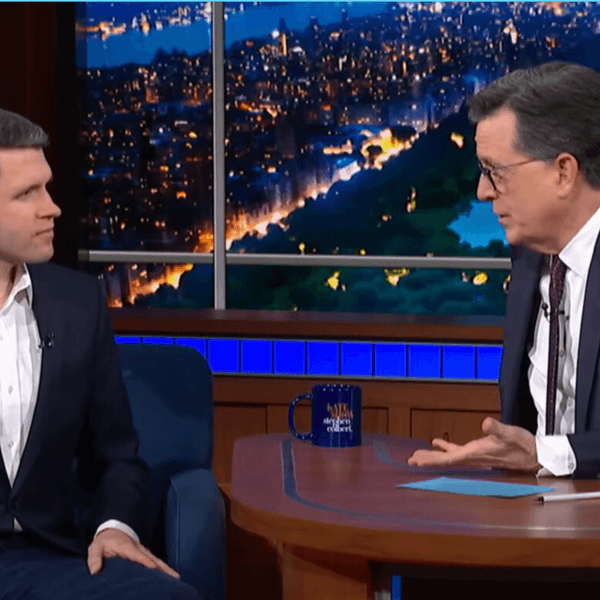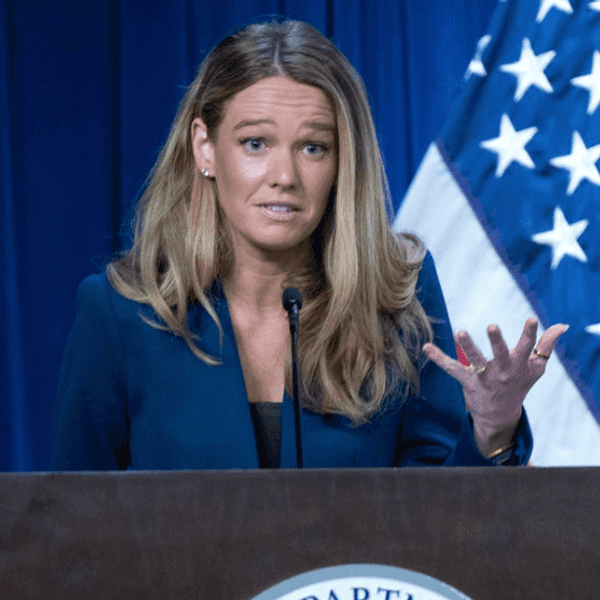Republican Senators Tout Enhanced Unemployment Benefits They Opposed
Last week, 47 Republican senators and Democratic Sen. Joe Manchin of West Virginia voted to make unemployment benefits less generous in the coronavirus relief legislation.
Although their amendment to cap unemployment insurance was unsuccessful, several Republican senators spent the next few days bragging about the more generous benefits in the final bill.
Arizona Sen. Martha McSally
On March 26, McSally’s office sent an email touting the robust benefits she opposed just three earlier. The stimulus bill “makes benefits more generous by adding $600 per week on top of what the state normally pays in unemployment and provides an additional 13 weeks of benefits,” the email said. “And provisions will ensure state and local governments and non-profits can pay unemployment to their employees.”
Texas Sen. John Cornyn
Three days after voting for the amendment to curtail unemployment benefits, Cornyn bragged about the increased assistance in a press release. Cornyn described the legislation as a “lifeline” for families that will help “cover their rent, groceries, electric bills, and other expenses until they can make other arrangements, like apply for unemployment insurance under our beefed up provisions.”
The statement contained a section noting that the bill “expands unemployment insurance for Texas workers,” including “an extra $600 weekly federal UI benefit on top of the state maximum temporarily.”
Kentucky Sen. Mitch McConnell
McConnell voted against additional benefits, but that did not stop him from touting them just three days later in a March 26 press release.
The release states that the CARES Act “provides additional benefits to each recipient of unemployment insurance for up to four months and an additional 13 weeks of unemployment benefits after state benefits are no longer available,” adding that it “helps states pay for certain additional unemployment insurance costs.”
Montana Sen. Steve Daines
On the same day the final legislation passed, Daines released a statement bragging about the assistance Montana workers will receive from the legislation.
“The aid package puts Montana workers first, expands unemployment insurance,” Daines’ statement noted. It also referenced “$250 billion for unemployment insurance — this is to give relief to workers who lost their jobs because of this pandemic.”
The statement did not note that the unemployment insurance would have been less generous if Daines had gotten his way.
Iowa Sen. Joni Ernst
Ernst described her vote for the CARES Act as “swift, bold action to deliver immediate aid to folks in Iowa, and across the country,” in a March 25 press release. She bragged that the legislation “bolsters unemployment benefits for workers and provides assistance to self-employed and contractors through a new Pandemic Unemployment Assistance program.”
The statement does not mention her vote against the bolstered unemployment benefits.
Georgia Sen. Kelly Loeffler
Not all senators took credit for what they voted against.
Even though she is embroiled in a stock-selling scandal connected with the coronavirus crisis, Loeffler touted her opposition to more generous help for the unemployed during the pandemic.
The multimillionaire senator released a statement two days after voting for stingier unemployment benefits saying she was “disappointed that the amendment to fix the unemployment insurance provisions failed.”
Published with permission of The American Independent Foundation.












